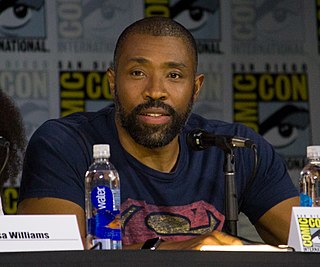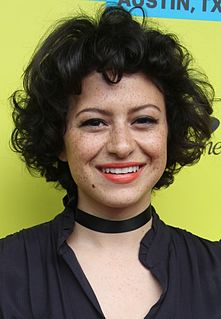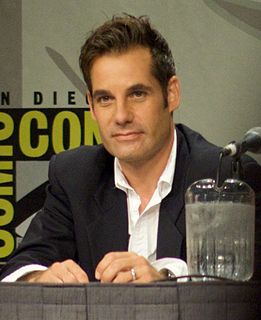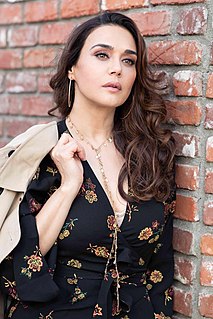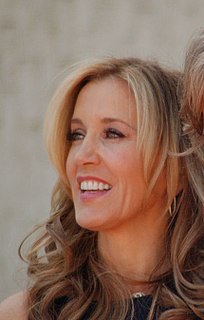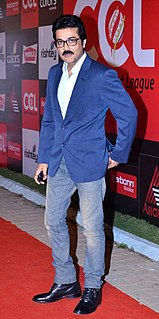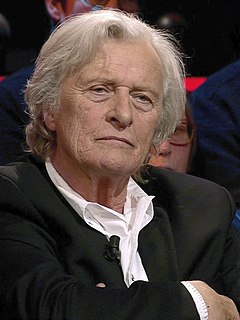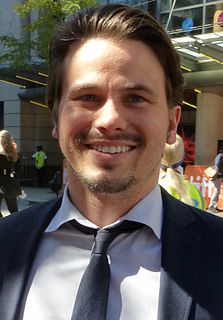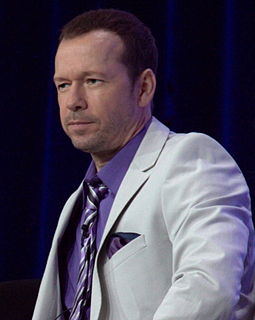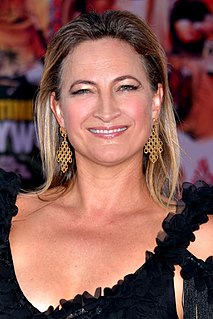A Quote by Judy Greer
It's my job as a supporting actor - which I usually am - to support the film: to make 1, 2, or 3 on the call sheet look good.
Related Quotes
I come from theater, so I'm used to the hierarchy of an actor is just on the ladder, and above that is a director, and above that is a producer, and above that is a writer. But on a television show or film, the whole call sheet thing and being No. 1 on a call sheet, people look to you and almost expect you to exercise this power for good or bad.
What you would call a 'lead,' I've always considered a supporting part, and what people would call 'supporting parts,' I've considered leads. In a way, I look at it in reverse, because supporting parts - when they're done correctly - are the ones that are progenitors for storylines, to move forward.
One of the fun things as an actor is to find a character that if you were to look up a rap sheet about them, you might say, 'I don't really necessarily want to hang out with this guy' or 'I would never be this kind of guy in my life.' I think it's part of an actor's job to say, 'Maybe you could be.'
Tobin Bell wasn't obligated to do the second Saw film but he wanted to. I think they brought me into this film because there's a first time director, and my reputation is one of an actor who's there for the betterment of the project. I'm not there to better myself. I'm there to bring all my resources to the project to make it as good as it can be. In the end, that makes everyone look good.

